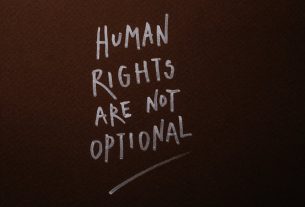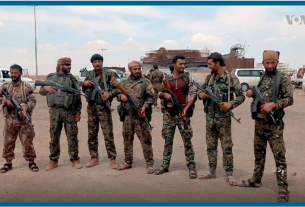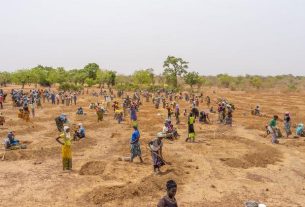Kenyan President William Ruto has acknowledged that Albert Ojwang, a blogger arrested last week, died at the hands of the police, contradicting earlier official accounts. The case has reignited concerns over extrajudicial killings and police brutality, issues that have plagued Kenya for years.
Background of the Case
Ojwang, a 31-year-old blogger, was arrested in Homa Bay on June 6, allegedly for defaming Deputy Inspector General of Police Eliud Lagat on social media. He was transferred over 350km to Nairobi, where he was detained at Central Police Station. Police initially claimed that he sustained fatal injuries after hitting his head against a cell wall, but an autopsy report has contradicted this narrative.
Autopsy Findings and Public Reaction
A post-mortem conducted by five pathologists revealed that Ojwang suffered severe head injuries, neck compression, and multiple soft tissue trauma, indicating external assault rather than self-inflicted wounds. The findings have fueled public outrage, with human rights groups demanding accountability and an independent investigation.
Protests erupted in Nairobi, with activists chanting “Stop killing us” outside the mortuary where Ojwang’s body was examined. The Kenya National Commission on Human Rights (KNCHR) and Amnesty International Kenya condemned the police’s premature narrative, calling it reckless and irresponsible.
Government Response and Human Rights Concerns
President Ruto described the incident as “heartbreaking and unacceptable”, urging patience while investigations proceed. The Independent Policing Oversight Authority (IPOA) has launched an inquiry, and several officers involved in Ojwang’s detention have been suspended. However, critics argue that Kenya’s security forces have a long history of impunity, and justice is rarely served in cases of police brutality.
Human rights activists warn that Ojwang’s death is part of a larger pattern of suppression, where digital influencers and political critics face intimidation and violence. The case has drawn comparisons to previous incidents where detainees died under suspicious circumstances, with families struggling to obtain justice.
Conclusion
Ojwang’s death has intensified scrutiny on Kenya’s security forces, raising urgent questions about police accountability and human rights protections. As investigations unfold, the public remains skeptical about whether justice will be served. The case underscores the ongoing struggle against police brutality, a fight that activists and citizens alike refuse to abandon.
This tragic event highlights the critical need for police reforms and stronger human rights protections in Kenya.



